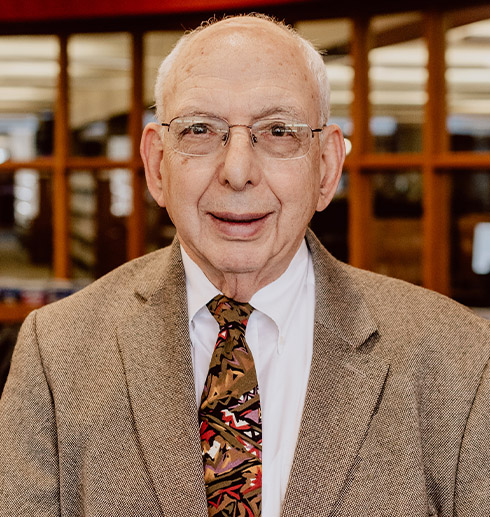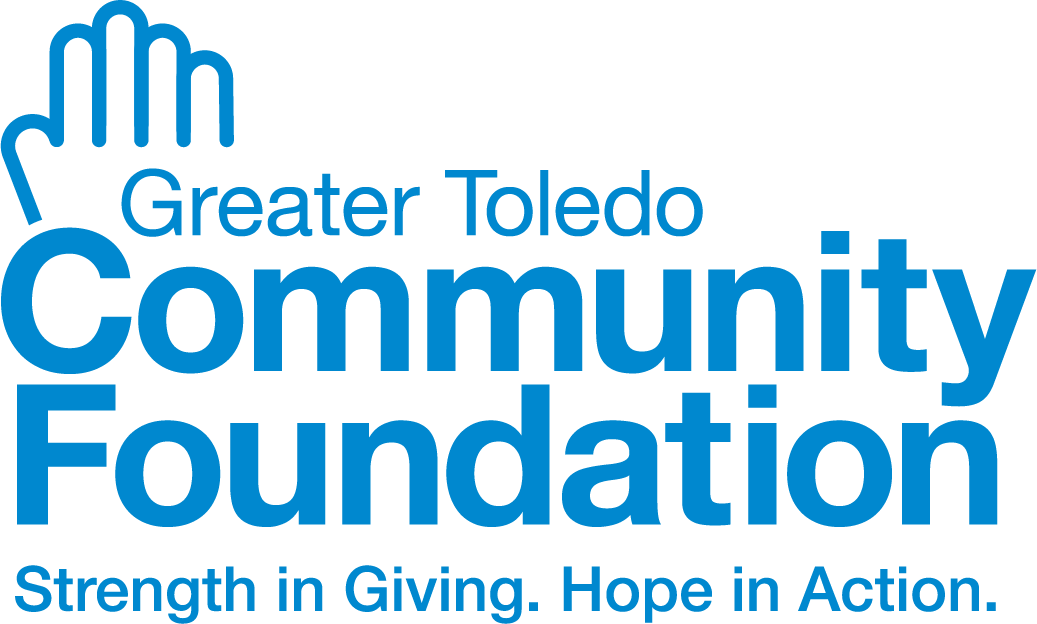2023 Dr. Morton Goldberg Lecture
"When Religious Liberty Divides Us – Free Exercise of Religion in the 21st Century" Thursday, March 23, 2023 | 6-7:30 p.m.
Thursday, March 23, 2023 | 6-7:30 p.m.
McQuade Law Auditorium
Livestream Available
View Photos on Flickr
Preceded by a reception from 5-6 p.m.
Professor Howard Friedman addressed the growing number of court decisions protecting those who have religious objections to regulatory and anti-discrimination requirements- from bakers who refuse to provide wedding cakes for same-sex weddings to individuals whose religious beliefs preclude them from complying with vaccine mandates. Friedman examined legislative and judicial efforts to protect religious freedom. He explored whether solutions are possible to the controversies that have arisen as courts have become more sensitive to claims of conscience.
In a landmark case in 1971, the U.S. Supreme Court said that “political division along religious lines was one of the principal evils against which the First Amendment was intended to protect.” In recent years, the Supreme Court has given increasing protection not only to the diverse religious beliefs in our nation, but also to religious practices. As the lines between cultural, political, and religious views have blurred, carving out special protection for religiously motivated conduct has created intergroup tensions.
Religious organizations, individuals of faith, and businesses operated by those with strong religious beliefs have increasingly asserted religious objections to complying with a range of regulatory and anti-discrimination laws. They have discovered that framing objections to governmental policies in religious terms is often a successful strategy in the courts. Well-funded advocacy groups on all sides of these issues now dominate policy battles. Those organizations are often dedicated to pushing the envelope, to asserting claims in an uncompromising manner to carry out the organization’s mission. Strident assertions of uncompromising positions are a critical part of the fundraising efforts of advocacy groups. That posture, however, makes messy compromise less possible.
About the SPEAKER
Howard Friedman is a professor of law emeritus and distinguished university professor who has been on faculty at the University of Toledo since 1970. He has published multiple books, articles, and book chapters. He is also the creator and editor of Religion Clause, a blog devoted to legal and political developments in the free exercise of religion and separation of church and state
Livestream
Parking
Free guest parking is available from 4 - 9 p.m. in Parking Areas 12, 12S, and 12W, the lot adjacent to the law school, with no ticketing except for metered, reserved, or handicap spaces. McQuade Law Auditorium is on the main level of the Law Center — located at 1825 West Rocket Drive, immediately inside the UToledo West Entrance off of Secor Road and south of Bancroft Street.
If you park in an area other than 12, 12S, or 12W, or outside of the time listed, you will need a guest permit which can be obtained at guestparking.utoledo.edu for $5.45/day. Alternatively, you can use the ParkMobile app in most areas on campus which allows you to pay for short term parking.
Please note, the West Entrance (Secor Rd.) is currently unavailable for northbound traffic on Secor Rd. due to bridge work. Northbound traffic should enter campus from the South Entrance (Dorr St. to South Tower Blvd.) and take a left onto W. Rocket Drive.
This free public lecture is funded by a grant through the Greater Toledo Community Foundation.



